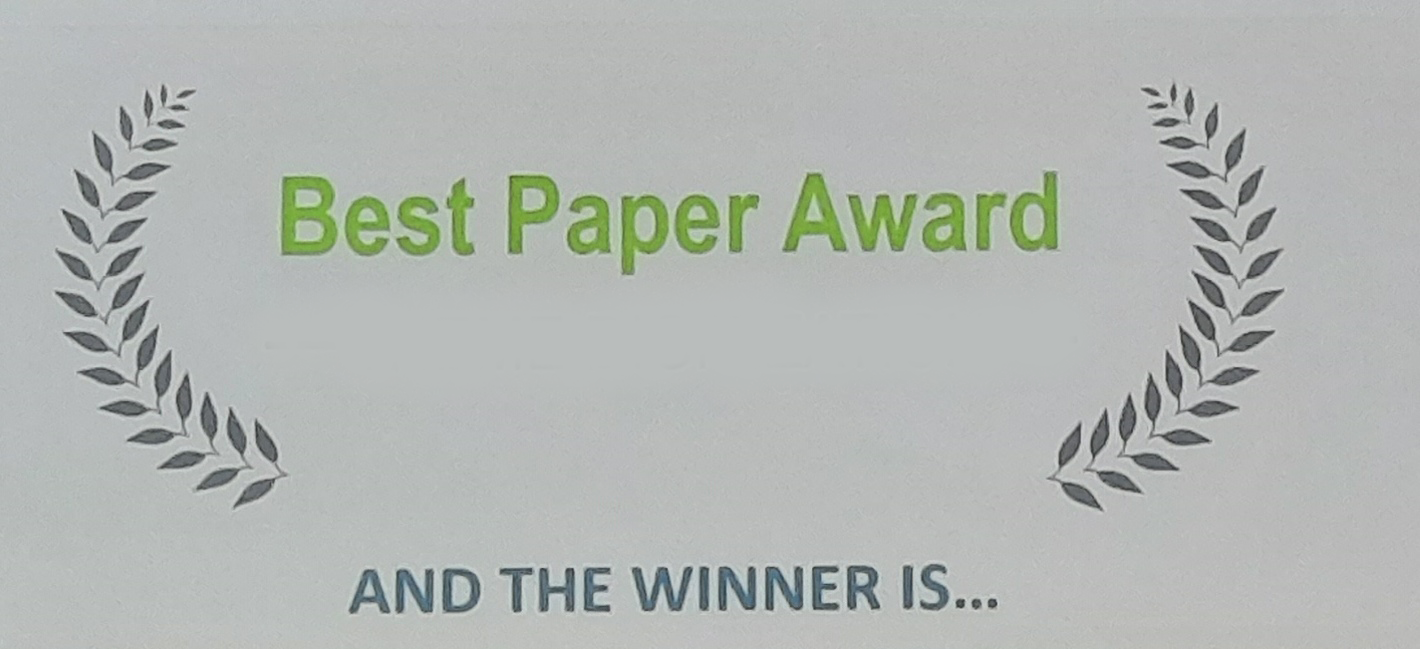Stratification and draught measurements of ceiling panels, underfloor cooling and fan-assisted radiators
DOI:
https://doi.org/10.34641/clima.2022.170Keywords:
Cooling, thermal comfort, underfloor cooling, fan-assisted radiator, fan coil, ceiling, panel, thermal stratificationAbstract
This paper reports the results of room conditioning unit measurements carried out in a NZEB test facility in 2021. Ceiling panels, fan-assisted radiators and existing underfloor heating contours were tested in several experimental configurations, operating with relatively high chilled water flow temperatures as these are all non-condensing systems. Time-controlled heating dummies were used to imitate internal heat gains along with the natural solar irradiation to vary the cooling demand. We quantify the vertical temperature gradients due to thermal stratification by measuring air temperatures at various heights. We also present the differences in thermal comfort of the tested systems, as we measure the air velocities and operative temperatures at points of occupancy with a standardised measurement probe. The gradient and operative temperature values affect the cooling emission efficiency which can be compared against an ideal cooling emitter. Measured results can be used to develop a new method for quantification of cooling emission efficiency. The annual emission efficiency can be assessed by applying measured values under different boundary conditions as inputs to simulation models.




